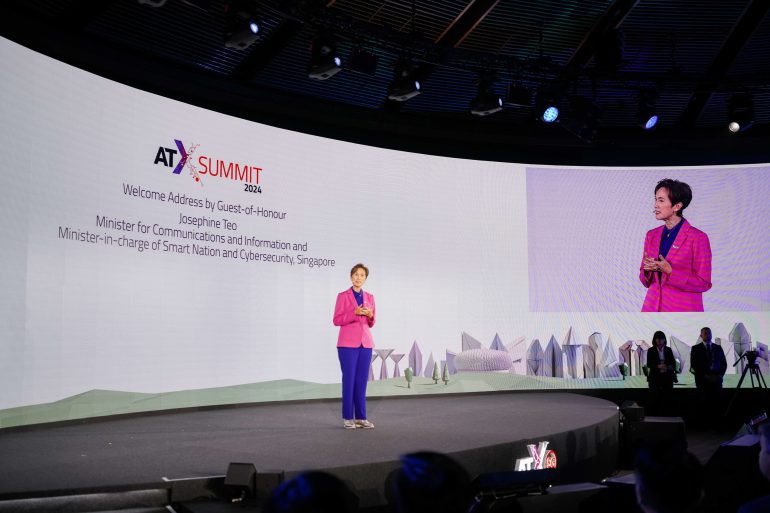- Singapore launches Project Moonshot, an AI testing toolkit addressing safety challenges of large language models (LLMs).
- Project Moonshot integrates red-teaming, benchmarking, and baseline testing, catering to non-technical users.
- Collaboration between AI Verify Foundation (AIVF) and MLCommons aims to establish global AI safety standards.
- AIVF celebrates its first anniversary, expanding its focus to include trust-building in AI safety products.
- Minister Teo emphasizes efforts to bridge the gender gap in Southeast Asia’s tech sector with initiatives like SGWIT and TeSA.
Main AI News:
Singapore’s Minister for Communications and Information, Mrs. Josephine Teo, has unveiled AI Verify- Project Moonshot, an innovative testing toolkit aimed at tackling the security and safety hurdles often encountered with large language models (LLMs). This initiative reflects Singapore’s commitment to leveraging global open-source collaboration to mitigate AI risks.
Project Moonshot, among the pioneering open-sourced tools worldwide, integrates red-teaming, benchmarking, and baseline testing into a user-friendly platform. The tool’s open beta phase seeks to deliver easily comprehensible insights into model or application quality and safety, catering even to non-technical users. Collaborations with industry leaders like DataRobot, IBM, Singtel, and Temasek ensure its relevance and utility.
Moreover, Project Moonshot contributes to establishing universal testing standards, exemplified by a collaboration between AI Verify Foundation (AIVF) and MLCommons. This partnership aims to develop a shared safety benchmark suite, underscoring the industry’s collective commitment to responsible AI use.
In related news, the AIVF commemorated its first anniversary at ATxSG, marking a milestone in promoting responsible AI deployment. With a membership now exceeding 120, including new premier members like Amazon Web Services (AWS) and Dell, the foundation has broadened its focus beyond testing tooling to fostering trust in AI safety products. Initiatives such as the Model AI Governance Framework for Generative AI and aligning AI Verify with ISO 42001 demonstrate AIVF’s expanding role in shaping industry standards.
Meanwhile, Minister Teo highlighted efforts to bridge the gender gap in Southeast Asia’s tech sector. Citing a joint IMDA and Boston Consulting Group report, she emphasized the need for greater support to enhance women’s representation in technical roles and leadership positions. Singapore’s initiatives, including the SG Women in Tech (SGWIT) movement and the TechSkills Accelerator (TeSA), aim to nurture female talent and facilitate their re-entry into technical roles after career breaks. These endeavors underscore Singapore’s leadership in promoting gender diversity and inclusivity in the region’s tech landscape.
Conclusion:
Singapore’s Project Moonshot initiative, coupled with the expansion and focus of the AI Verify Foundation, signifies a significant step towards enhancing AI safety and promoting responsible AI deployment globally. These efforts underscore Singapore’s leadership in fostering collaboration and inclusivity in the evolving tech landscape, setting a precedent for other markets to prioritize safety, diversity, and innovation.

